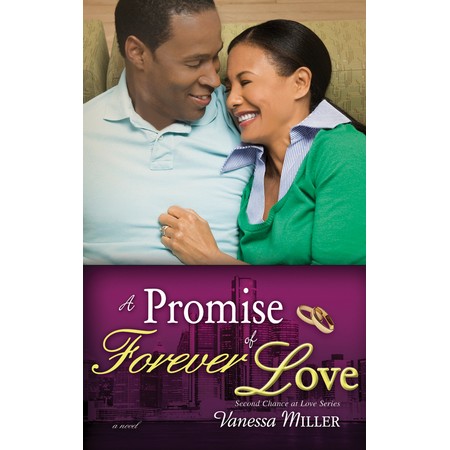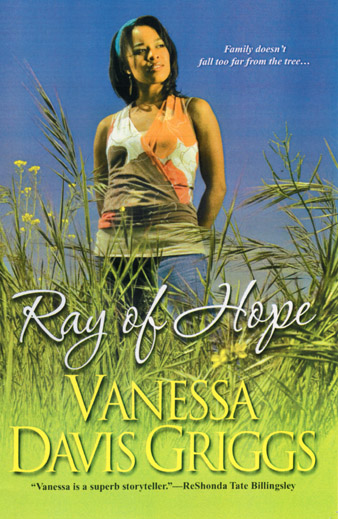 Last night during the Ella Curry Radio Show we got into a discussion about Christian Fiction naysayers. Is Christian Fiction an oxymoron? Can you write Christian Fiction without sounding preachy? Great questions and great comments for the authors participating in the show, but I want to go a step further with this discussion. Christian writers create characters whot live within the world, but adjust to it, explores it, and loves it because of their Christian Worldview. Granted this worldview changes according to generation, denomination, culture adnd geography. These characters live according to it. WE all agree great storytellers infuse these worldviews into the character's story arc without taking away from the beauty of experiencing a great story. Writing becomes a form of worship between the Master Artist and His vessel. And the work is gracious expression of truth.
Last night during the Ella Curry Radio Show we got into a discussion about Christian Fiction naysayers. Is Christian Fiction an oxymoron? Can you write Christian Fiction without sounding preachy? Great questions and great comments for the authors participating in the show, but I want to go a step further with this discussion. Christian writers create characters whot live within the world, but adjust to it, explores it, and loves it because of their Christian Worldview. Granted this worldview changes according to generation, denomination, culture adnd geography. These characters live according to it. WE all agree great storytellers infuse these worldviews into the character's story arc without taking away from the beauty of experiencing a great story. Writing becomes a form of worship between the Master Artist and His vessel. And the work is gracious expression of truth.So how we do this? How do we write stories that invite our readers to the greatness of this world as we know it? By writing non-preachy stories.
Here are Tips to Taking Your Inner Pulpit out of Your Writing.
1. Save your scripture zeal for metaphor.
I am a huge Grisham fan. Have you noticed that many of his novels are titled after Biblical principles: "A Time to Kill",
2. Understand basic storytelling.
I know this sounds weird, but we all have read Christian novels that were really pulpit propaganda. Each chapter is a sermon. Each dialogue is a sermonette. Novels aren't that. Can't be that. Understand what a story is and how a plot is developed.
3. Remove the idea in your mind that your story has to have a scriptural reference in the beginning.
Some Christian Fiction editors and agents require that you submit a scriptural reference to buttress the theme thread of your story. I understand that. But when you're building your story you should put that out your mind and come up with a compelling, competitive story idea. Remember, you're Christian. Orthodoxy will emerge as you draft the story and especially during the rewriting process.
4. Stop naming your characters after Bible concepts and Characters.
We get the parable idea, but this kind of thing is like robbed or cheated metaphor. Change your character's names until you're final edit. These characters will become fleshy entities and then the best names for them will come. But if every story you write has a Jezebel, and Sheba, or Ezra in it I'll think twice before I read. Remember: your readers are smart.
5. Remove all sermons and sermonette dialogue scenes
Self explanatory. Redundancy does not prevail. Take a cue from the Preacher's Wife the Movie or Little House on the Prairie the series. The sermons are short, conclusive moments, reserved for the end, very end after the resolution...can we say epilogue.
Any others?
Photo courtesy of Gothelina




















0 comments:
Post a Comment